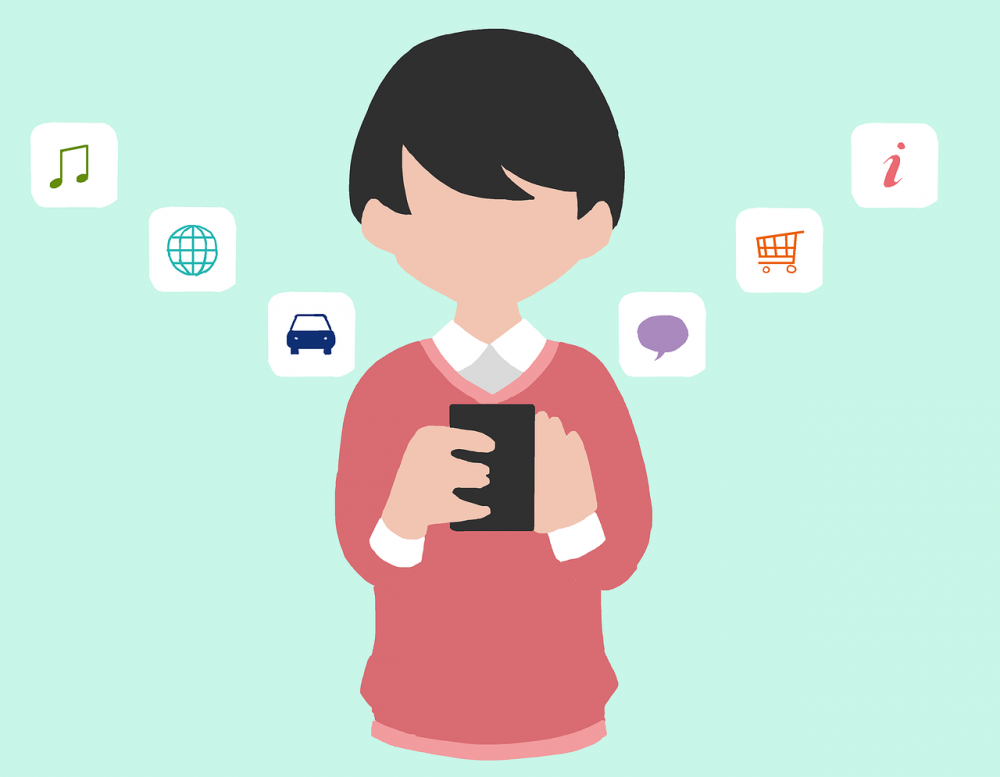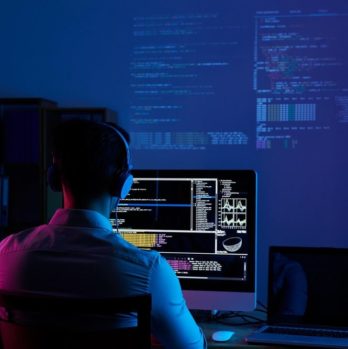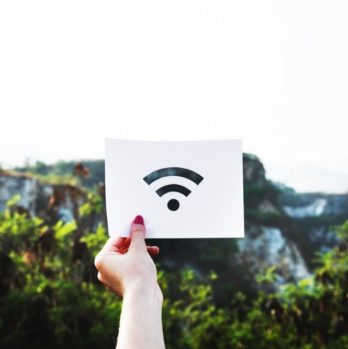Boyfriend App: A Technological Approach to Modern Relationships

Introduction
In today’s fast-paced and digital world, technology has seemingly infiltrated every aspect of our lives, including our romantic relationships. One such technological innovation that has gained significant attention is the “boyfriend app.” Designed to provide users with a virtual boyfriend experience, these applications have become increasingly popular among individuals seeking companionship. This article aims to provide a comprehensive overview of boyfriend apps, including their features, evolution over time, and impact on modern dating culture.
What is a Boyfriend App?

At its core, a boyfriend app is a software application that simulates a romantic relationship. It uses artificial intelligence and machine learning algorithms to create an interactive virtual boyfriend who responds to users’ actions and emotions. These apps typically offer a range of features, such as personalized conversations, virtual dates, and even customized physical appearances for the virtual partner. The goal is to provide users with a sense of companionship, emotional support, and intimacy in the absence of a real-life boyfriend.
Key Features and Considerations
Before diving into the historical development of boyfriend apps, it is important to understand the key features and considerations when exploring this technology. These apps often incorporate chatbot capabilities, allowing users to engage in conversational interactions with their virtual partners. Some apps also enable users to customize their virtual boyfriend’s personality, interests, and appearance, creating a tailored experience. Privacy and security are crucial aspects to consider, as users may share personal information and engage in intimate conversations within these apps. Users should also be aware of ethical implications, such as the potential for emotional attachment to a virtual entity.
Historical Overview
Boyfriend apps have experienced a fascinating evolution over the years. The concept of virtual relationships can be traced back to the early 2000s when virtual pet games, like Tamagotchi, gained popularity. These games allowed players to care for and interact with virtual pets. However, it wasn’t until the proliferation of smartphones and advancements in artificial intelligence that boyfriend apps began to emerge.
In the mid-2010s, the first iterations of boyfriend apps hit the market. These early versions offered basic conversations and limited interactivity. Over time, developers refined the technology, incorporating more sophisticated AI algorithms and natural language processing capabilities. This led to the emergence of more realistic and lifelike virtual boyfriends.
Today, boyfriend apps have become increasingly advanced, blurring the lines between virtual and real-life relationships. Developers have harnessed machine learning and deep learning techniques to create virtual partners capable of understanding and responding to users’ emotions. Some apps even utilize augmented reality to enhance the virtual boyfriend experience, allowing users to see and interact with their partners in real-world environments.
The Impact on Modern Dating Culture
The rise of boyfriend apps has generated a mixed response within society. Supporters argue that these apps provide companionship and emotional support for individuals who struggle with traditional dating or face geographical limitations. These apps can also serve as a safe space for people to explore their emotions and practice communication skills.
However, critics express concerns regarding the potential consequences of relying on virtual relationships. They argue that boyfriend apps may hinder genuine human connections and perpetuate unrealistic relationship expectations. Additionally, the ethical implications surrounding emotional attachment to a virtual entity raise questions about the future of intimacy and human connection.
In Conclusion
Boyfriend apps represent a significant technological advancement in the realm of romantic relationships. With their AI-powered virtual partners, these apps offer companionship and emotional support to individuals seeking intimate connections in the digital age. However, it is crucial for users to consider the ethical implications and potential long-term consequences of engaging in virtual relationships.
As technology continues to advance, it remains to be seen how boyfriend apps will further evolve and impact modern dating culture. Whether they become a mainstream solution or a passing trend, the exploration of virtual relationships invites us to reflect on the nature of human connection in an increasingly digitized world.











